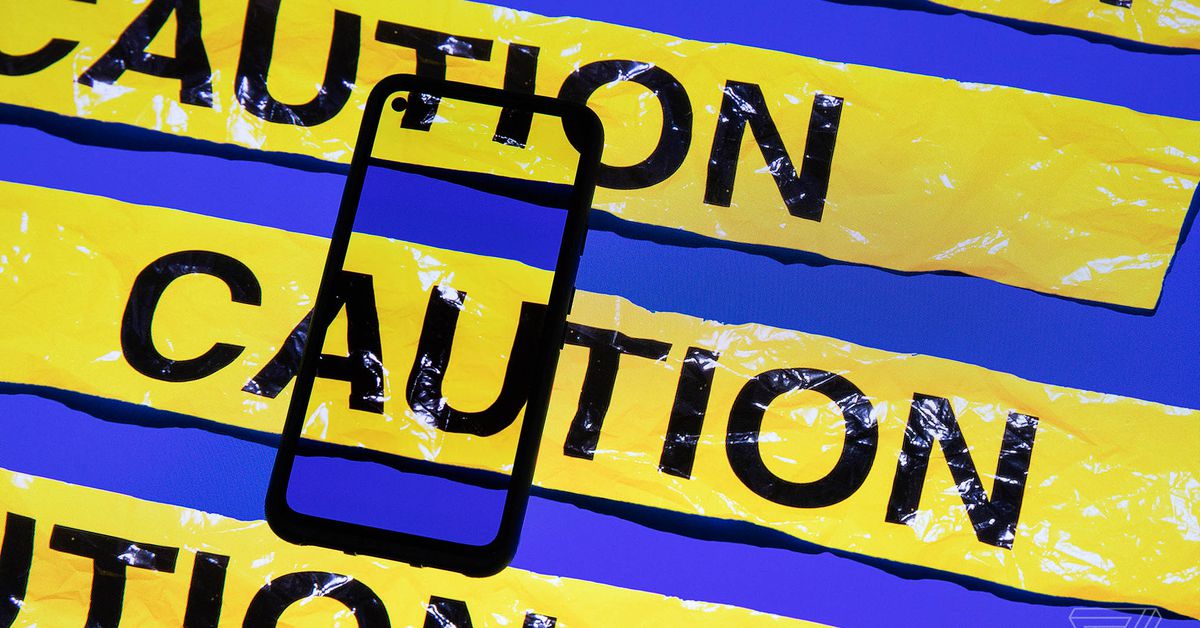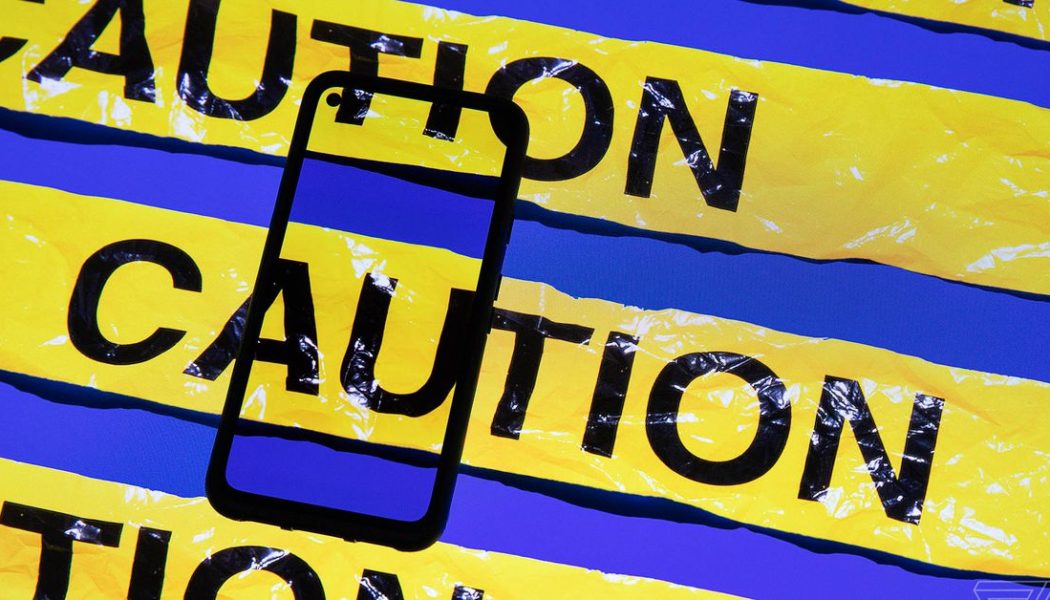
For years, the UK government has been cooking up legislation to more tightly regulate online spaces. Provisions in the Online Safety Bill include mandatory age-checks on porn sites and jail time for tech execs who withhold data from investigators. Now, these ambitious and controversial plans have been delayed, as the Conservative government faces a leadership election after the resignation of Boris Johnson as party leader.
The Online Safety Bill was due to be voted on by the House of Commons next week, but this vote has now been delayed until after parliament’s summer recess, according to reports from BBC News and other outlets. The delay is — in theory — temporary, but could prove fatal for the bill if the next UK prime minister doesn’t consider it a priority, or if the next culture minister (in charge of spearheading the legislation) disagrees with its scope.
One candidate in the Tory leadership race, Kemi Badenoch, has already criticized the bill as overreaching and said the legislation “in no fit state to become law.” Badenoch, who is currently an outsider to take over the party, said: “If I’m elected prime minister I will ensure the Bill doesn’t overreach. We should not be legislating for hurt feelings.”
Badenoch’s views are not unusual in the party, with influential Tory backbencher David Davis warning recently that the bill would harm free speech in its attempts to rein in online harms. “[T]he bill’s well-intentioned attempts to address these very real risks threatens being the biggest accidental curtailment of free speech in modern history,” said Davis.
The touted aim of the Online Safety Bill is to make the UK “the safest place in the world to go online.” In essence, the bill puts more pressure on tech platforms — like Meta, Google, Twitter, and others — to police users’ behavior and remove harmful content. This includes removing content that is already illegal, like child sexual abuse material (CSAM), as well as content deemed “legal but harmful,” like hate speech, bullying, and misinformation.
Critics of the bill are particularly worried about attempts to police this latter category, and say that the government’s definition of “legal but harmful” is far too broad. Tech platforms who don’t remove or limit users’ exposure to such content could face fines and jail time, incentivizing companies to censor their users at the expense of free speech.
Other provisions in the bill include making cyber-flashing a criminal offense; forcing large platforms to give users a way to verify their ID (and the option to block all content from unverified users); and pushing messaging apps to scan users’ communications for CSAM (which critics say could open up these systems to widespread government surveillance).
Even with this recent delay, the bill will remain at the report stage, meaning it’s open to amendments suggested by MPs. It was scheduled to be voted on by the UK’s House of Commons next week, and after that would have to pass another vote from the House of Lords before becoming law. Although the bill was still open to amendments, it was expected to pass relatively easily into law. With this delay, its future is in serious doubt.









